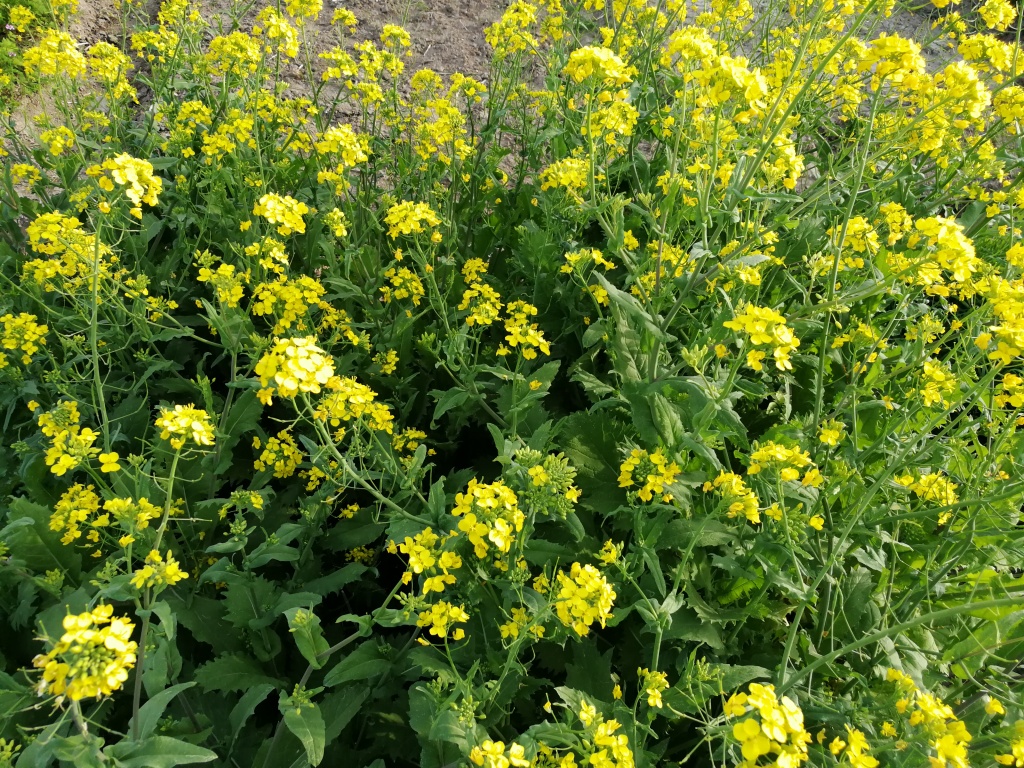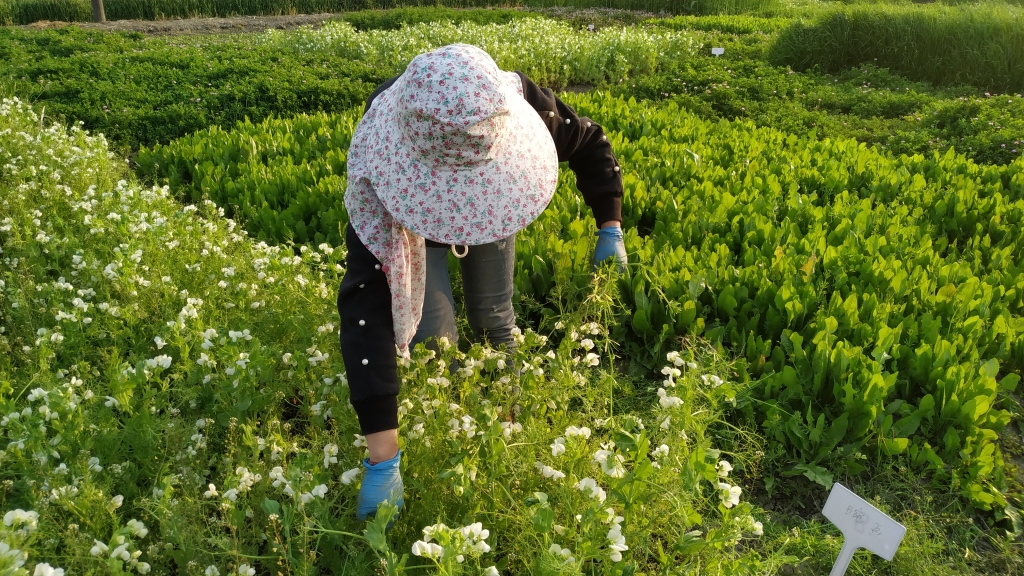Shortlisted for the Southwood Prize 2022
In this blog post, Chongzhe Zhang talks us through his and colleagues’ research involving a trait-based field experiment in which cover crops were measured to evaluate soil health, crop productivity and agricultural ecosystem sustainability.
Trait-based ecology
The grand challenge of feeding a growing population while preserving biodiversity and ecosystem sustainability is a daunting task for humanity. To achieve a win-win situation for crop productivity and soil health, we must adopt ecological strategies that informed by insights from natural systems.
The trait-based ecology, particularly one based on the plant economic spectrum, has already made significant progress in addressing ecological challenges. The plant economic spectrum is one of the most fundamental ecological principles derived from macroecology, indicating that plants exhibit co-variation among different traits trading off between resource acquisition and conservation.
These traits determine how plant species respond to their environment and impact ecosystem functions. The principles derived from natural ecosystems can offer mechanistic insights into developing sustainable agriculture and guide farmers in screening and harnessing appropriate plant traits to steer agro-ecological functions.
The study
In this regard, the use of diverse cover crops, which have rich resources and a great variety of functional traits, can contribute to multiple benefits, including promoting soil resource availability and crop yield, as well as soil health. Yet, we currently lack a conceptual model that integrates cover crop ecological strategies and functional traits to reconcile crop productivity and soil health.
In our recent study, myself and colleagues ran a trait-based field experiment. We selected 16 cover crops with varying leaf and root traits and categorized them into two ecological strategies based on the plant acquisitive-conservative spectrum. We then measured soil physico-chemical properties and microbial community activities along with two key functions essential for agricultural ecosystem sustainability: soil nematode food web analysis (a popular proxy for soil health) and corn yield.
The findings
Ultimately, our study affirms that cover crops with distinct ecological strategies can have varying effects on ecosystem functions. Acquisitive cover crops enhanced crop productivity and nutrient cycling, while conservative ones promoted soil health and food web complexity. Our findings indicate that farmers and policymakers can make trait-based choices in selecting cover crop that best serve local needs. Additionally, cover crop mixtures integrating complementary traits are expected to achieve a win-win situation that balance the crop productivity and soil health.
Building on these interesting results, my colleagues and I conducted a new experiment to explore the influence of cover crop mixtures on ecosystem multifunctionality by extending multidimensional trait diversity at the plant community level.
Based on our findings, we call for the development of trait-based ecology for cover crops and soil organisms worldwide to better understand the functional attributes of plants and soil organisms and predict biodiversity and ecosystem functions associated with agroecosystems.
About the author
I love nature, and my goal is to be an ecologist investigating how organisms interact with their surroundings and designing management strategies to the conservation and restoration of our planet. My first exposure to applied ecology was as a freshman at Shandong Agricultural University in China, where I earned my Bachelor’s degree five years ago.
I continued my master’s and PhD studies with enthusiasm under the supervision of Professor Manqiang Liu at Nanjing Agricultural University. My master’s thesis focused on the relationships among plant root traits, soil food web and ecosystem functions in response to global changes. My PhD research extended the temporal and spatial scales, as well as used multiple dimensions of traits, to further explore the relationships between plant traits and soil food webs and their contributions to ecosystem multifunctionality and sustainability.
Currently, I am a visiting fellow in Ian J. Wright’s Lab of Western Sydney University, aiming to better understand relationships between aboveground and belowground biodiversity and their ecological strategies.
Read the full article, “Leveraging functional traits of cover crops to coordinate crop productivity and soil health” in Journal of Applied Ecology.
Find the other early career researchers and their articles that have been shortlisted for the 2022 Southwood Prize here!







